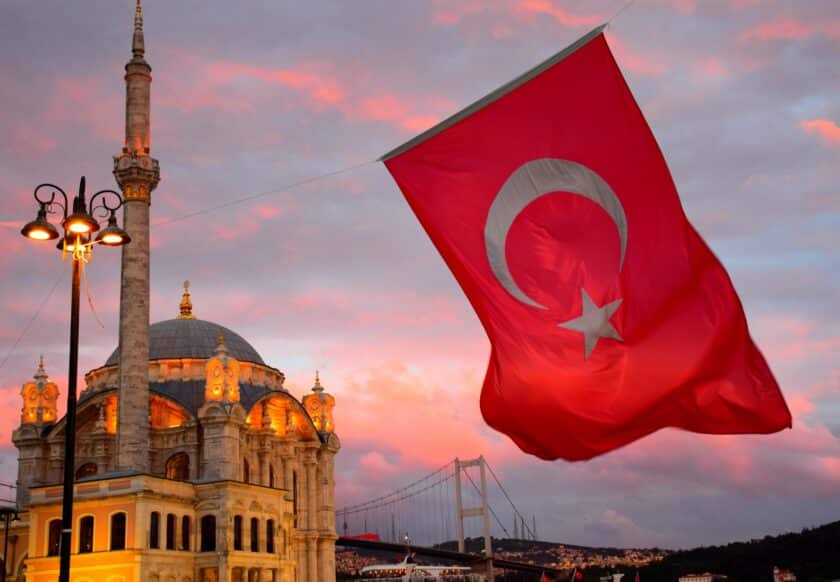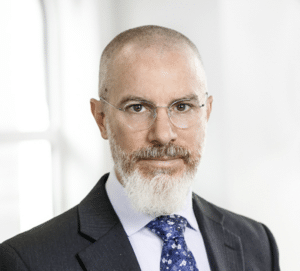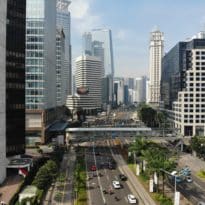As the dust settles after pivotal elections in both countries, James Syme, senior fund manager, JOHCM Global Emerging Markets Opportunities, says what has kept the fund cautious, and what are the prospects for political change.
Followers of our portfolio will know that, at present we find a lot of opportunity in some of the more traditional emerging markets, generally finding a combination of robust external balances and recovering growth after several years of more challenging conditions. These markets include Mexico, Indonesia, India and Brazil; two other markets that also have histories of booms and busts, but where we remain zero-weighted, are Turkey and Thailand. Both had elections in May, so what has kept us cautious there, and what are the prospects for political change?
Under Recep Tayyip Erdogan, Turkey has become increasingly less democratic, especially since the switch to a direct presidency in 2017. The media have been repressed or sold to allies of President Erdogan, the court system has been stuffed with loyalists and parliament has functionally been replaced by presidential decree. Of more importance to markets has been a drastic deterioration in economic and financial competence in government. The central bank has lost its monetary independence and seen four governors in as many years, while at one point making his son-in-law the finance minister.
The most damaging part of economic policy, though, has been President Erodogan imposing on the country his personal view that high interest rates drive inflation. Consequently, interest rates have been well below inflation in recent years – current policy rates are 8.5% and trailing CPI inflation is 43.7%. Because borrowing is so incredibly cheap in real terms, it must be rationed by the government, allowing the President to reward allies and family with cheap loans.
This unorthodox monetary policy has allowed economic growth to be relatively strong but has driven the economy to the brink of disaster. As well as inflation, the current account deficit has expanded to 5.5% of GDP and the nation’s foreign exchange reserves have been exhausted in an impossible attempt to defend the Turkish Lira. If the opposition coalition can win the election and manage to peacefully come to power (which is far from guaranteed – President Erdogan is unlikely to go quietly), they are committed to central bank independence. That, though, is likely to then lead to drastic interest rate hikes, a massive currency devaluation and a deep recession in the economy. And this is the best case for Turkish investors, as President Erdogan may well win the election.
Thailand is in some senses, like its compromised democracy, similar to Turkey, but in other senses has the opposite problem, with the economy stagnant and inefficient. The current political crisis followed the 2001-2006 government of reform-minded businessman Thaksin Shinawatra, which was deposed in a military coup in September 2006. Subsequently, the military and their conservative allies have seized control of the political system through their power to appoint politicians and judges. Shinawatara-aligned political parties have won every election since but opposition prime-ministerial candidates need to win three times as many seats in the lower house as pro-military candidates to form a government.
As well as their outsized role in Thai politics, the army and its allies have a huge and growing role in the economy. The armed forces control businesses ranging from banks, airports and media to hotels and convenience stores. Additionally, competition is severely repressed, for example, telecoms,beer, petrochemicals and cement are all cosy oligopolies keeping prices high and growth low. Many leading companies have links to the crown, the armed forces, or their allies.
This political and economic set-up has kept growth weak in recent years, with reduced tourist arrivals and declining foreign direct investment. Yet, even this weak growth rests on increasingly weak foundation, with the current account balance steadily moving from surplus to deficit and increasingly large fiscal deficits.
The difficult political conditions in Thailand and Turkey have affected their financial markets and economies, which in turn have fed back into politics. This process, and the country-specific way in which it plays out, are good examples of the country-level risks and opportunities that are the backbone of our investing approach to emerging markets. Political change in each is uncertain from here and would still leave new governments with many economic challenges to overcome. We remain alert for opportunities in Thailand and Turkey, but do not yet see a case to invest in either.




























